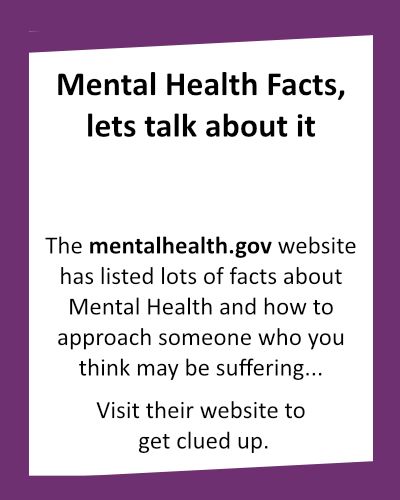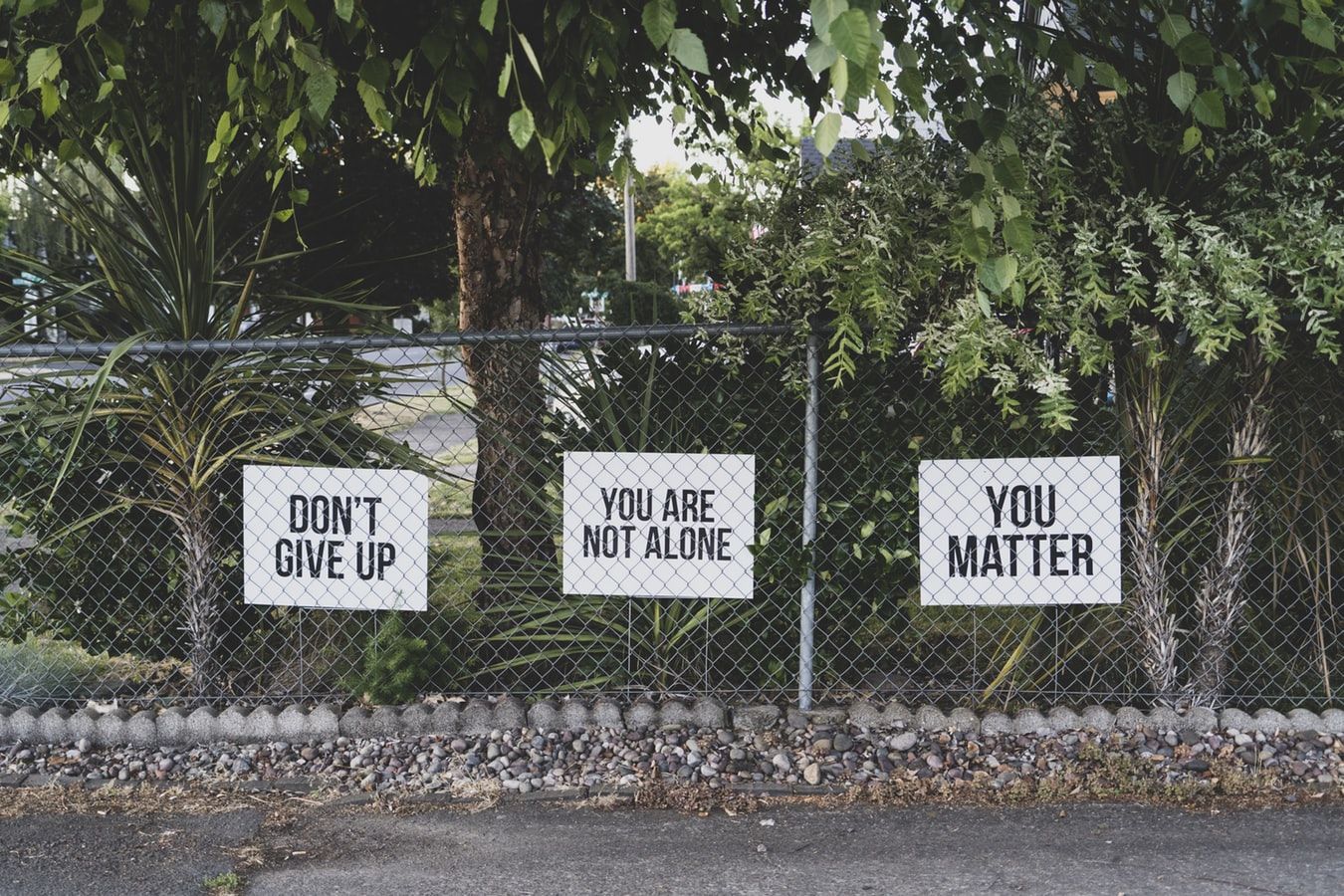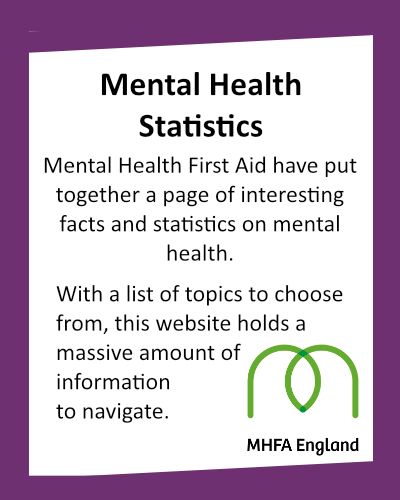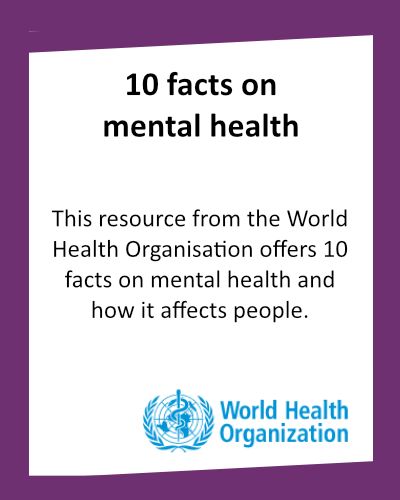Mental Health CAN BE AN EMOTIVE TOPIC TO ADDRESS

WITH many shying away from difficult situations
Knowing the facts will help you to provide
informed support when needed.
Signs to look out for in the work place
Emotional
Employees who are struggling with their mental health may seem irritable, sensitive to critism, demonstrate an uncharacteristic loss of sense of humour.
Cognitive
An employee may make more mistakes than usual, have problems making decisions or not be able to concentrate
Behavioural
This could include things like arriving late, not taking lunch breaks, taking unofficial days off, not joining into ‘office banter’. It can also include not hitting deadlines, becoming more of an introvert, or extrovert. Generally acting out of character
Physical
Employees who are stressed sometimes exhibit physical symptoms, such as a constant cold, being tired at work, looking like they have not made an effort with their appearance or rapid weight loss/gain
Business
At a business level, look out for increased absence or staff turnover. Have you noticed employees working longer hours, or a general drop in motivation or productivity levels?
 Workplace Facts
Workplace Facts
- 1 in 5 people take a day off work due to stress
- In the last 6 years, the number of working days lost to stress, depression and anxiety has increased by 24%
- 70 million working days are lost per year due to mental ill health, costing £70-£100b per year
- Less than half of employees said they would be able to talk openly to a manager
- One quarter of people say they consider resigning due to stress
- 56% said that they would NOT hire someone with depression, even if they were the best candidate for the role.

- Employers are losing billions of pounds because employees are less productive, less effective or are off sick
- 300,000 people with a long term mental health problem loose their jobs each year
- 15% of people at work, have symptoms of an existing mental health condition
- 1 in 4 people in the UK will experience a mental health problem throughout their lives
- 60% of people who take time off due to mental health issues are under 35
 Resources
Resources










